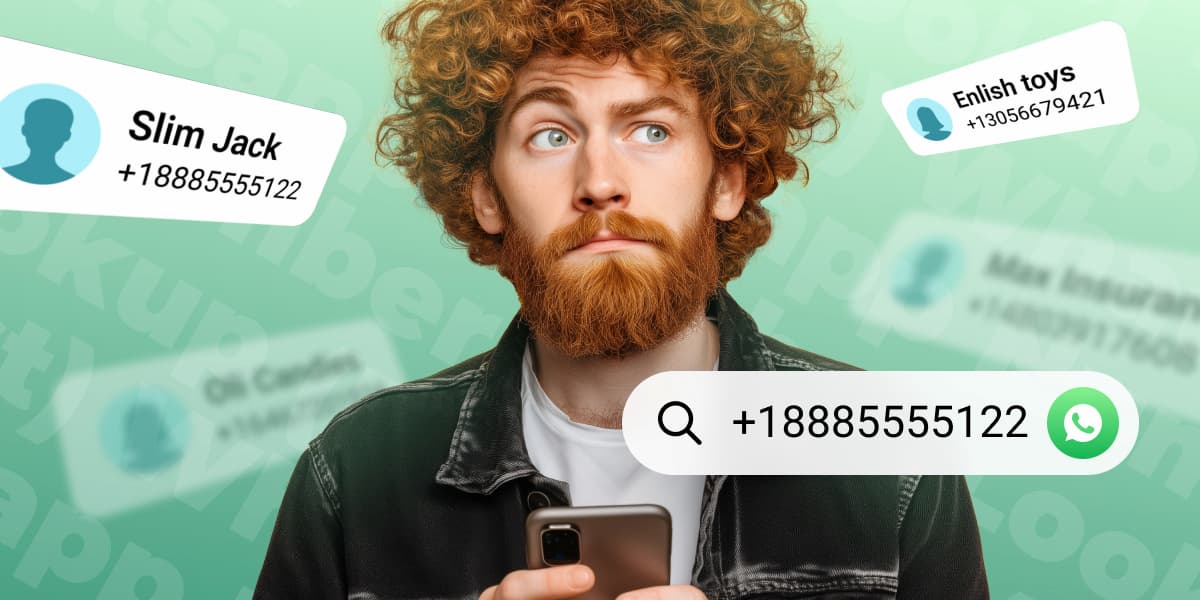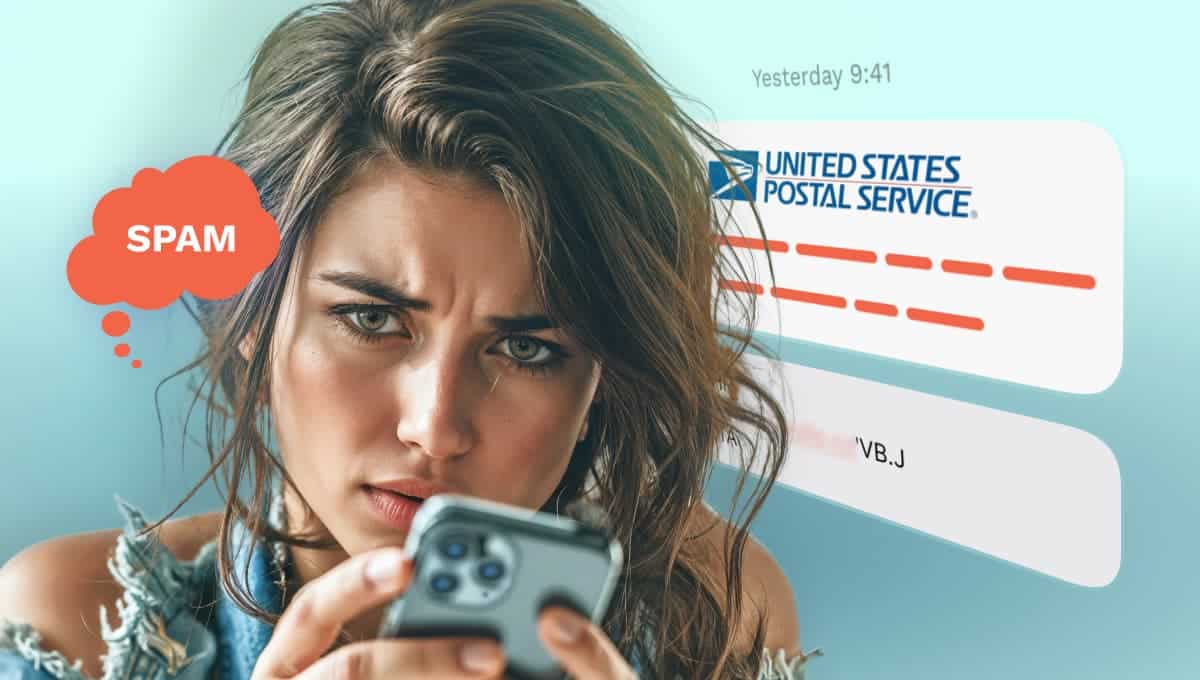19 Scam Phone Numbers and Area Codes You Should Never Answer
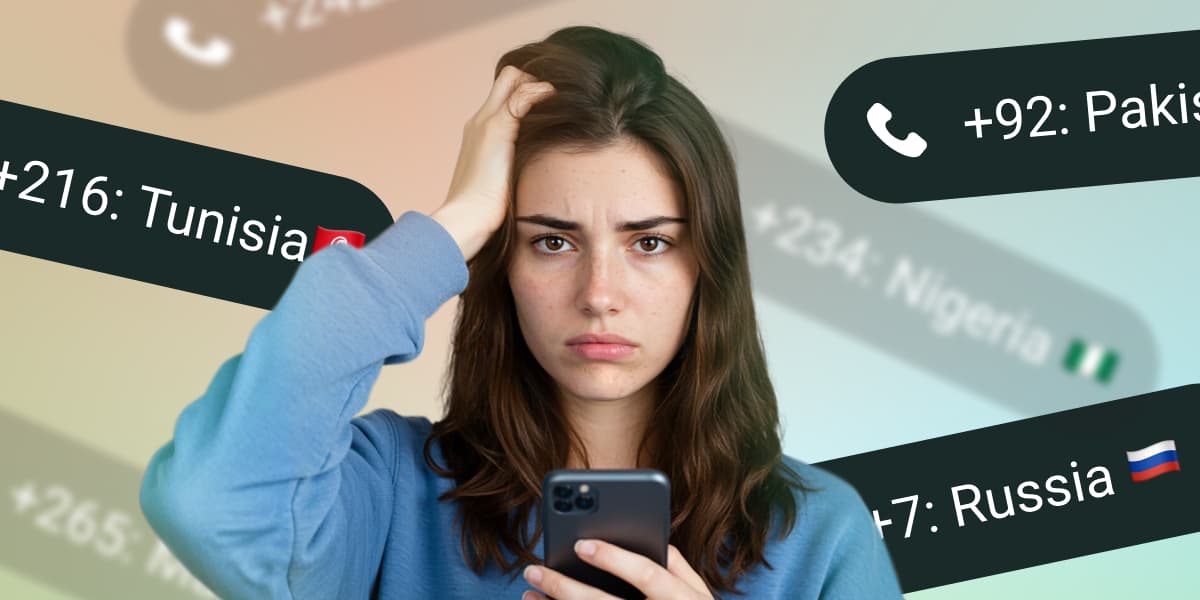
In just 2023, over 56 million Americans fell victim to phone scams despite growing awareness of fraudulent tactics. However, most scam networks are still concentrated at specific locations, making it easier to identify and avoid them from their phone codes.
In this article, we’ll uncover what area codes are fake and practical tips on recognizing scam calls. Plus, we’ll introduce a reliable tool to help you verify unknown numbers and stay one step ahead of scammers.
Why Do Scammers Keep Calling You?
Ever wondered why you, specifically, are on the receiving end of calls from scammer phone numbers? Or why do you see numbers like 888-785-2471 lighting up your screen? It might feel random, but there’s a method to the madness.
Scammers operate on volume. They dial thousands of numbers, hoping that a few people will take the bait. Think of it like casting a wide net: the more lines they throw out, the higher their chances of catching someone.
But what do they actually want? In most cases, they’re after your personal information, such as your Social Security number, bank account details, or credit card information – anything they can use for identity theft or financial fraud.
The more sophisticated ones may pose as government agencies, demanding immediate payment to avoid legal trouble, while others dangle fake lottery winnings and ask you to pay a “processing fee” before you can claim your nonexistent prize.
Five Area Codes You Should Never Answer
Phone scams are very common, meaning there are tons of numbers you’d want to block. Yet, some are used in scams more frequently than others. Here are the top five area codes you should never answer:
876 Jamaica
If you’re receiving calls from the 876 area code, you might be told you’ve won a lottery. However, the reality is that you’ll likely end up paying for the “prize.” This code is notorious for being used in lottery scams.
Also, if someone’s calling you from a similar number, such as 877-789-2315, better run a quick search.
809 Dominican Republic
The number one rule is never to call back an unknown number, and this especially rings true (pun intended) when you receive calls from the Dominican Republic. Returning these calls can result in hefty charges.
473 Grenada, Carriacou, and Petite Martinique
Similar to Dominican scams, people who return calls from numbers with the 473 area code often find themselves wondering why there’s no money left on their phone balance.
284 British Virgin Islands (BVI)
What numbers should you avoid answering? Don’t text back any number that starts with the 284 code. And never click on any links they send! You risk infecting your device or losing sensitive data.
268 Antigua and Barbuda
Numbers with the 268 area code are often used in one-ring scams. People on the other end are trying to trick you into calling back so they can hit you with high charges.
List of Area Codes to Avoid Answering
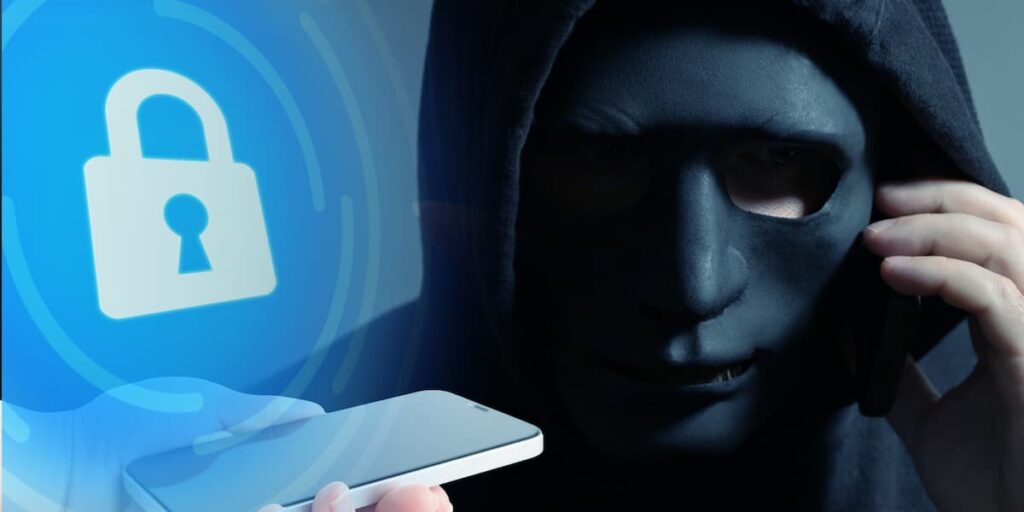
We’ve covered the most common codes scammers use, but what are codes ares spam calls? Here’s a quick breakdown.
Active Toll-Free Numbers with Billing Risks
Got a call from 833-523-1595? Think twice before returning it. The codes below are frequently used in spam activity:
- 800
- 833
- 844
- 855
- 866
- 877
- 888
Numbers like the one mentioned, or 866-253-1752, are not always free, depending on your calling plan. Certain clinics and organizations may apply tariffs or premium charges.
Inactive and Reserved Codes Used in Spam
Now you know that numbers like 844-260-5636 are generally safe, even though tariffs may be applied. Are there other area codes you should be wary of? Yes, especially those used in robocalls and automated dialing schemes:
- 222
- 333
- 555
- 622
- 666
- 777
- 999
Common Types of Phone Scams
You receive a call from 855-740-3449. It seems legitimate. But somehow, you end up getting tricked.
How could this happen? Knowing all the area codes (even by heart) is one thing. But outsmarting the scammers is another. Here are the schemes they use, so you can recognize who you’re dealing with right away:
One-Ring Scam
One of the most common types of scams. They don’t want you to answer right away. They want you to call back. And if you do, you could be charged a premium rate, sometimes as much as $20-50 per minute.
Package Delivery
A scammer might send you a text or a fake package with a number, asking you to call back for delivery details. If you haven’t ordered anything, it’s best to verify the delivery number through the official site or contact customer support.
Traffic Pumping
What area codes do spammers use? You might be surprised to learn that sometimes even your local rural codes can be part of a scam. Deceptive local carriers may artificially inflate phone rates, billing wireless and long-distance callers a hefty fee. So, again: verify numbers before calling back.
Ring and Run
This one is especially malicious because scammers impersonate your loved ones, claiming they’re in trouble and need money, sometimes even using AI to copy their voice. Try not to panic (since that’s what they want you to do) and contact your loved ones first before taking any drastic steps.
Job Hunting Scam
Who doesn’t want a better job? Scammers prey on job seekers by offering too-good-to-be-true opportunities. They may ask for personal information, such as your Social Security number or bank details, under the pretense of processing your application.
How to Know if a Number Is a Scam
Before you even think about answering a call, there are several ways that can help you distinguish between legitimate calls and scams.
Use Searqle
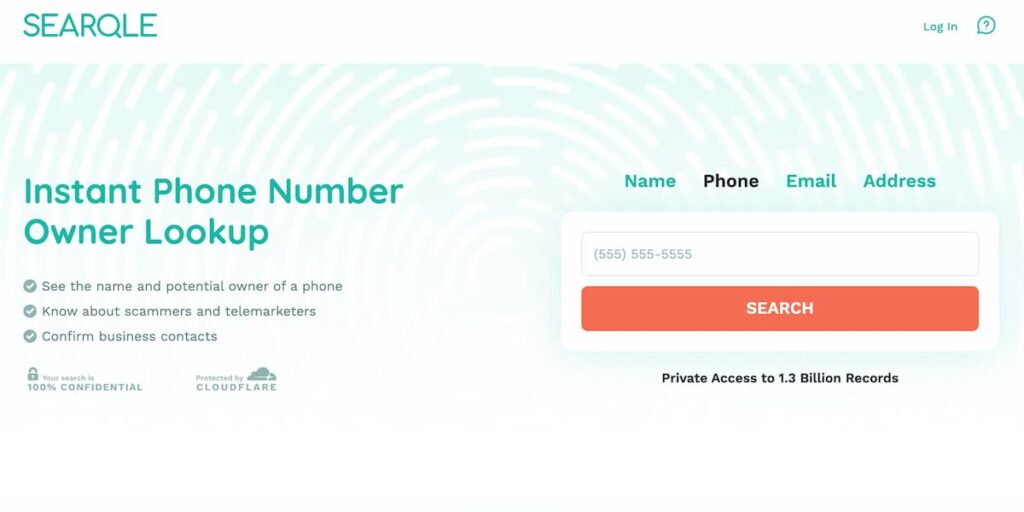
Searqle is a trusted phone number search service that helps you identify unknown callers in seconds. Simply enter the phone number on the Searqle website, and it will search public records across the United States to provide:
- The general location of the area code
- Caller’s name
- Email address
- Home address
More importantly, Searqle will also show if other users have reported the number as spam or a potential scam. If you’re wondering what the area codes to avoid are, this tool makes it easy to check before you even answer.
Google and Social Media Checks for Scams
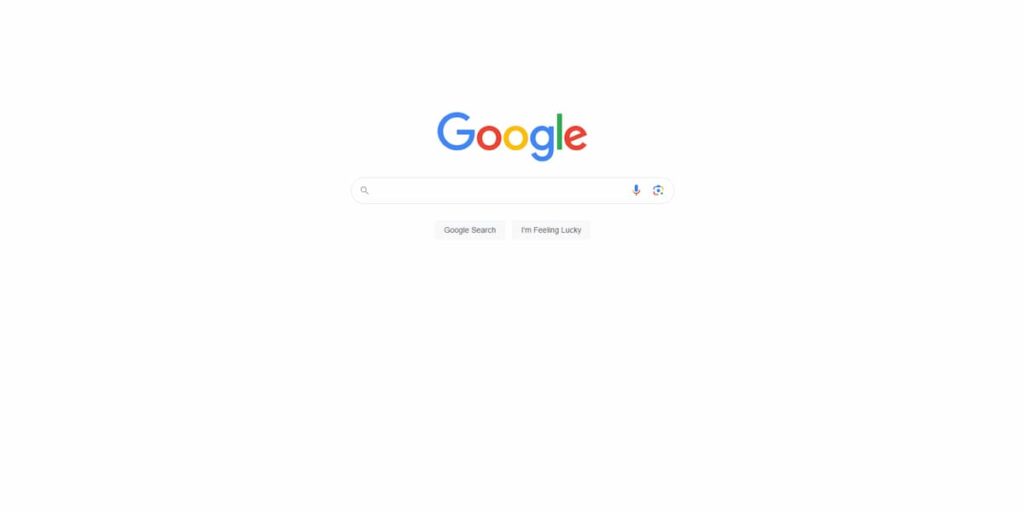
Individuals regularly report numbers on spam alert websites, forum threads, and comment boxes. A simple Google search for the phone number may bring up any such scam complaints related to that number. You may also look up the number on popular social networks such as Facebook, Twitter, or Reddit.
Additionally, legitimate businesses typically have their contact information openly listed. If you cannot discover any verified information on the number, or if it does not coordinate with the information provided by the scammer, that’s a serious red flag.
How to Avoid These Area Codes Phone Scams
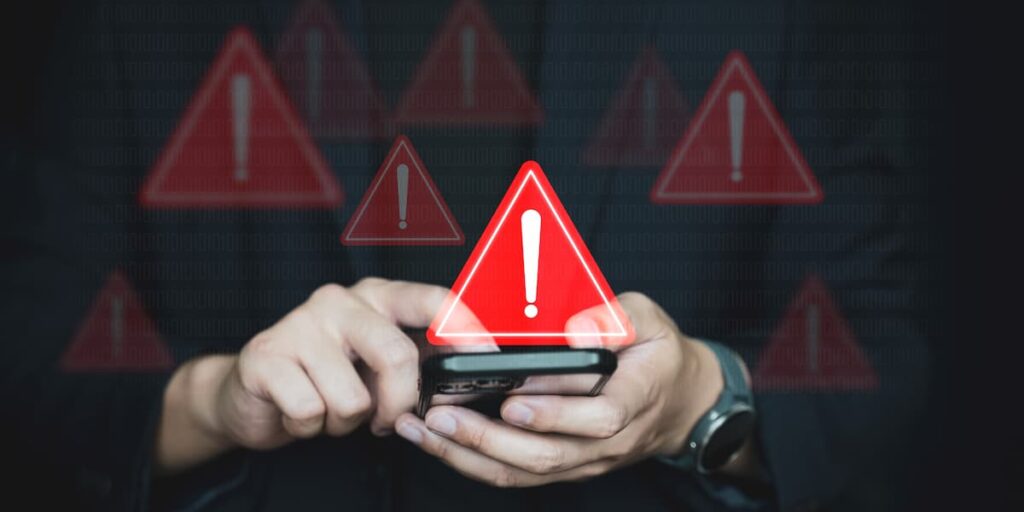
The list of scammer phone numbers is just the starting point. If you want to really protect yourself, you’ve got to go the extra mile, but it’s easier than you think. Here’s your action plan:
Put Your Number on the “Do Not Call” Registry
The Federal National Trade Commission has its own “do not bother me list”, or, to be more formal, National Do Not Call Registry. Adding your number to it will prevent telemarketers from reaching out. However, this doesn’t apply to scammers.
Still, you’ll know for sure whether the caller is legitimate or not. Official companies take the Do Not Call Registry seriously and avoid contacting numbers on the list.
Report Number to the Federal Communications Commission
This way, you’ll kill two birds with one stone. First, you’ll ensure that the number never contacts you again. Second, you’ll protect others from it. The FCC has the legal authority to block scammers from using certain numbers. An official report from you can lead to positive results.
Use a Spam Call Blocker
If you’re willing to spend a little for complete peace of mind, consider apps that flag spam numbers the moment they call. These tools display a message next to the number, such as “Never answer calls from these area codes” or “Spam Alert.”
FAQ
Those that look like legitimate area codes but aren’t tied to any specific region, or they come from areas known for spam and scam calls. In short, any unknown number should be considered suspicious until it is verified using a checker.
Here’s a list of the most common scam area codes not to answer: 876, 809, 473, 284, and 268.
Searqle offers a free directory of numbers, each with a spam score. Just enter it into the search box, and Searqle will pull verified data from multiple sources to provide you with accurate information about the phone number.
Conclusion
Phones are great for staying connected with our loved ones, but they might also open the door to someone we’d rather not hear from. If you want to keep that door firmly shut and stay safe, avoid scam calls from numbers we’ve chatted about. Unsure about the source? Rely on Searqle to find out who’s behind those digits.
